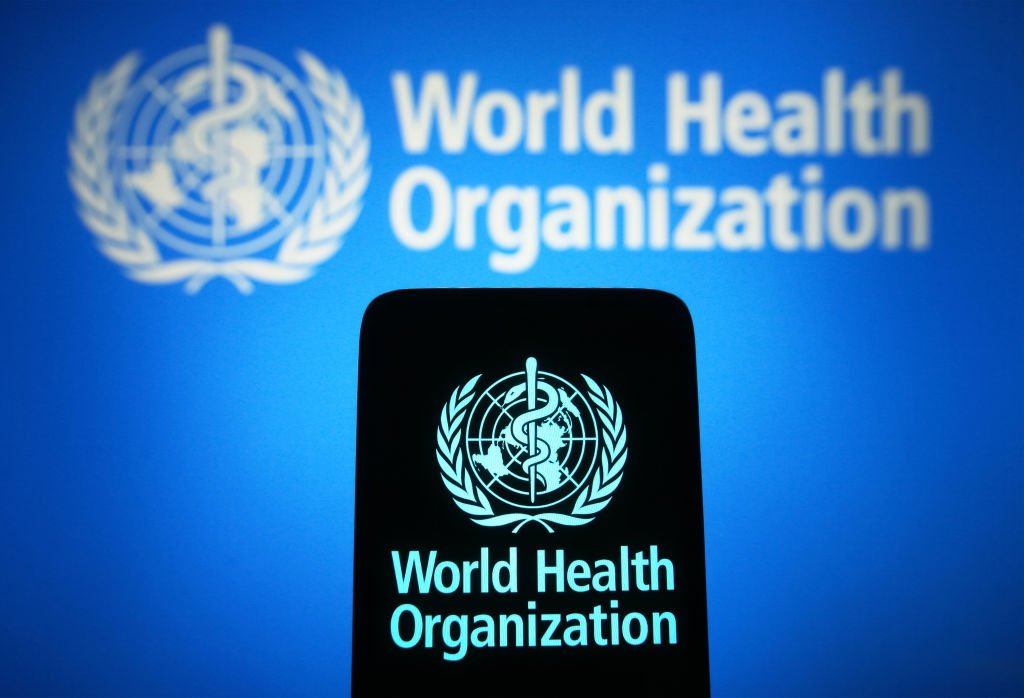HEALTH CODE: WHO Spotlights India’s AI-Powered Ayush Breakthroughs in Global Traditional Medicine Brief
India’s efforts to merge Artificial Intelligence (AI) with traditional medicine have been spotlighted in a significant publication released by the World Health Organization (WHO), titled “Mapping the Application of Artificial Intelligence in Traditional Medicine.”
The technical brief, developed following India’s proposal, features India’s Ayush systems at the forefront of global digital health innovation.
 |
| Image Source: DD India |
The WHO document recognizes India as the first country to launch a Traditional Knowledge Digital Library (TKDL)—a critical resource for preserving and digitizing centuries-old medical wisdom—and praises the country’s leadership in creating AI-enabled diagnostics, Ayurgenomics, and citizen-facing digital platforms such as SAHI, NAMASTE, and the Ayush Research Portal.
Union Minister of State for Ayush and Health, Shri Prataprao Jadhav, hailed the recognition as proof of India’s commitment to applying cutting-edge science to ancient healing systems.
“By integrating AI with Ayush, India is safeguarding traditional wisdom and also shaping a future of personalized, evidence-based healthcare,” he stated.
Secretary of the Ministry of Ayush, Vaidya Rajesh Kotecha, emphasized India’s ongoing digital transformation through the Ayush Grid, a platform launched in 2018.
The Grid has enabled citizen-centric innovations including predictive diagnostics using Prakriti-based AI models and projects like Ayurgenomics, which fuses Ayurveda and modern genomics to develop AI-driven personalized care.
The WHO brief details India’s AI-powered diagnostic tools that combine ancient techniques—such as pulse analysis, tongue reading, and constitutional assessments—with modern machine learning.
These tools are enhancing diagnostic precision and preventive care, particularly in Ayurveda, Siddha, Unani, Sowa Rigpa, and Homoeopathy.
One of the most groundbreaking efforts acknowledged is Ayurgenomics, which applies AI to analyze genomic and Ayurvedic data, aiming to discover disease predispositions and recommend tailored health interventions.
Additionally, AI is being employed to study molecular mechanisms of herbal formulations, offering new possibilities for drug repurposing and comparative studies across traditional systems like Ayurveda, Traditional Chinese Medicine (TCM), and Unani.
The WHO also noted India’s use of AI for drug action pathway prediction, development of artificial chemical sensors for assessing traditional concepts like Rasa (taste), Guna (qualities), and Virya (potency), and AI-enabled semantic analysis of classical texts.
India’s US$43.4 billion Ayush market was cited as a key economic driver, highlighting how traditional medicine is increasingly contributing to the global wellness economy.
